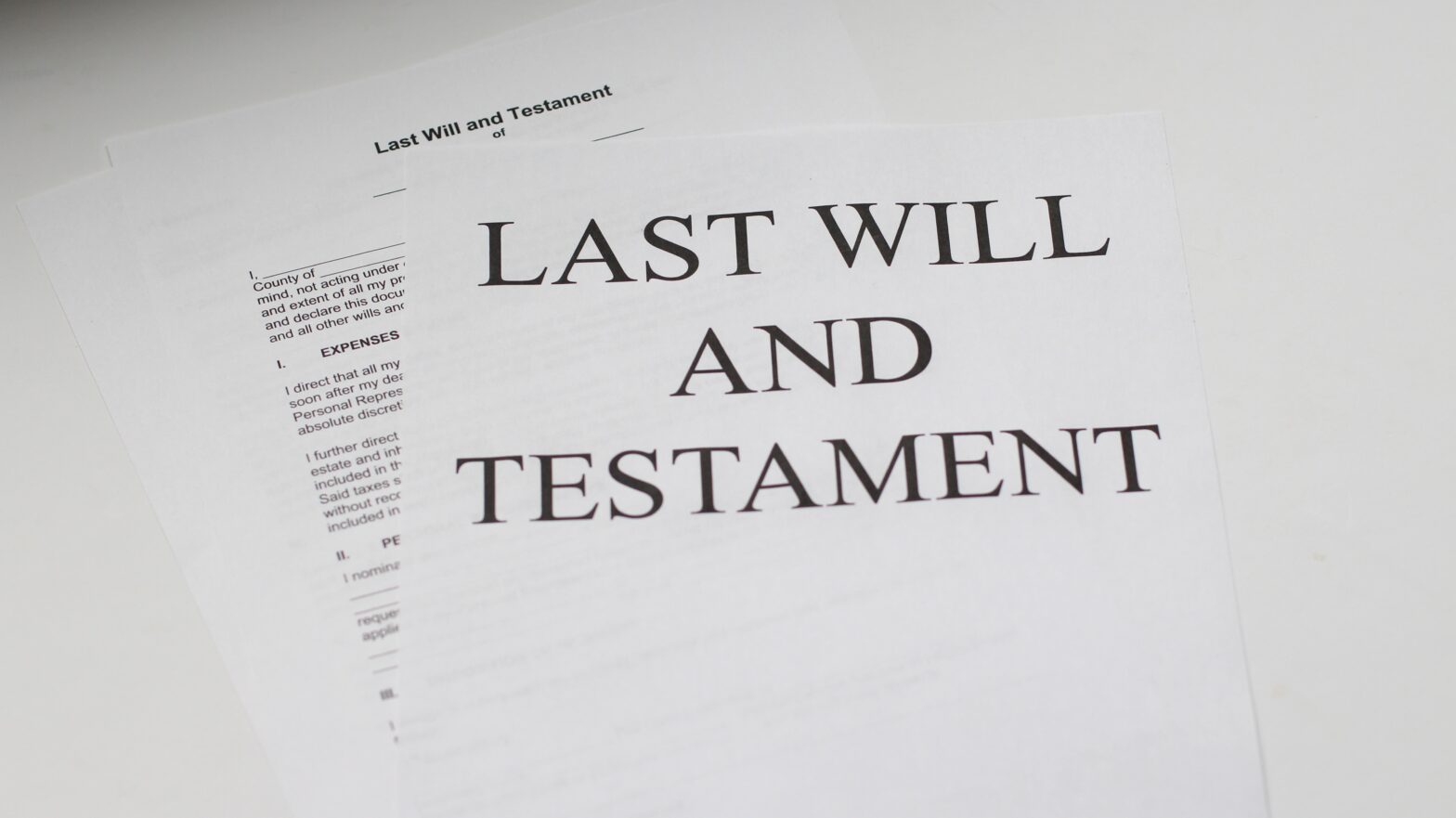Creating your Last Will and Testament is the greatest final gift you can give your family and friends. Having a Will is not a legal requirement, but if you have assets that you wish to divide amongst your loved ones, it may be the best idea for your future and theirs. Suppose you do not leave a Last Will and Testament. In that case, the statutory scheme of dividing your assets along with who may be appointed to be your Representative will come into effect, even if it contradicts what you may have wanted.
But what is involved in creating a final Will? What decisions will you have to make?
What Is A Last Will And Testament?
You are the testator of your Will, which means that you are in charge of its creation and all the details it contains. A Last Will and Testament dictates who will be in charge of your Estate, ensuring all of your just debts are paid, along with how and when your assets are distributed after your death.
Within the Will, you are allowed to make charitable gifts, create trusts for family members and dependents, and name a legal guardian for any minors left behind. You are even allowed to create a trust for your pet in SC and decide who you would want to care for them after you leave.
The Last Will and Testament is used to divide up your property, money, and other assets in whatever way you deem necessary, and it can be changed at any time, by you, up until your death. It is the document that answers the questions of where and to whom you want your assets to go. There are specific requirements when making a Last Will and Testament that are simple yet are essential for it to legally effective.
How Can I Make Sure That My Wishes Are Upheld?
The law in South Carolina states that all your property will go to your closest relative or relatives if you pass without your wishes expressed in a legal Will. (S.C. Code 62-2.101, et. seq. (1976)). You have the right to divide your assets among whomever you like, with certain exceptions designed to protect a spouse that was left of a Will by mistake or inadvertence.
How Is A Last Will And Testament Different And Distinguishable From a Health Care Power of Attorney and a Durable Power of Attorney
A Last Will and Testament is distinguishable and very different from a “Living Will,” which is recognized in South Carolina as a Health Care Power of Attorney (S.C. Code §62-5-500, et. seq. (1976)). A Health Care Power of Attorney deals with those matters that may arise with your medical care and other advanced directives for tube feeding, life-sustaining treatment, and organ donation. A Last Will and Testament is distinguishable from a Durable Power of Attorney (S.C. Code § 62-8-101, et. seq. (1976)) which is a legal document that allows another person to act for you as your agent in all things that you would want to be handled and addressed and are unable to do so (e.g., filing of taxes, turning utilities on and off, opening/closing bank accounts, selling motor vehicles, etc.). In essence, the Durable Power of Attorney can and should address all aspects of your life unrelated to your health care, where a decision needs to be made, and you cannot make it.
The intricacies of the Health Care Power of Attorney and Durable Power of Attorney will be addressed in a separate blog. Still, it is essential to understand the “Light Switch Test” for these documents. The “Light Switch Test” deals with the effectiveness and power of all these documents. When you are alive, your Health Care and Durable Power of Attorney are effective and are the live documents if they have not been revoked and meet legal and statutory requirements. When you die, they become worthless and useless documents. They become “old news.” The same applies to the Last Will and Testament. When you are alive, and the light switch is “on,” this document is not in force and has no effect. It does not have any power. It may be changed, amended, and revoked at any time prior to death, provided the changes and revocations meet the statutory requirements for the same and the testator had the mental capacity to do what they did. However, when the “light switch” is flipped and you die, the Last Will and Testament becomes the living document and takes the place of the other two. An effective Estate Plan should have all three of these documents.
A local attorney from the community is an excellent choice to trust with this very important task, ensuring that you, your wishes, and your beneficiaries are protected.
John Duffy and the Duffy Law Firm can help you put together your Last Will and Testament to ensure that your assets are in order for your loved ones when the time comes. Contact us to schedule your consultation.
Give us a call any time at (843) 305-3352 to answer any questions. We love our community and are here to help you and your family.

